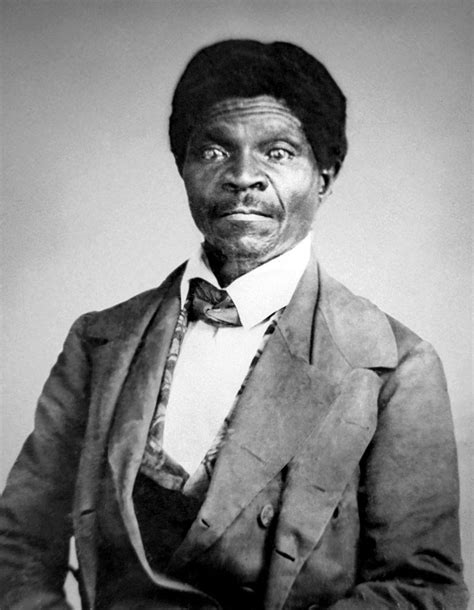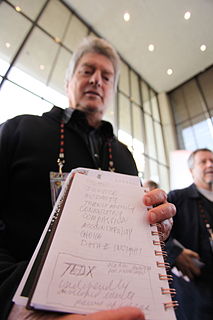A Quote by Scott E. Page
Progress depends as much on our collective differences as it does on our individual IQ scores.
Quote Topics
Related Quotes
Samadhi is the journey from individual to collective consciousness. The steps of Samadhi are the steps towards reaching the collective consciousness. In meditation, the more we radiate love, compassion, peace, harmony and tranquility, the more is our contribution towards the collective consciousness. The more we positively contribute towards the collective consciousness the more is our progress in Samadhi.
Our national purpose, not our party differences, must define the American Brand. We must change the conversation from one centered around what defines our differences to one that hangs a lantern on what binds us, supports our collective well being and makes us all stronger and more productive as a result.
Our being edified at conference depends on us. It becomes necessary that we prepare our hearts to receive and profit by the suggestions that may be made by the speakers during the progress of the conference, which may be prompted by the Spirit of the Lord. I have thought, and still think, that our being edified does not so much depend upon the speaker as upon ourselves.
So much depends upon our willingness to make up our minds, collectively and individually, that present levels of performance are not acceptable, either to ourselves or to the Lord. In saying that, I am not calling for flashy, temporary differences in our performance levels, but a quiet resolve to do a better job, to lengthen our stride.
The right to the city is far more than the individual liberty to access urban resources: it is a right to change ourselves by changing the city. It is, moreover, a common rather than an individual right since this transformation inevitably depends upon the exercise of a collective power to reshape the processes of urbanization. The freedom to make and remake our cities and ourselves is, I want to argue, one of the most precious yet most neglected of our human rights.
While our institutional mission and destiny are not in doubt, how we each participate and understand our individual responsibilities requires constant attention, effort, and vigilance. BYU will progress and prosper, but our individual success is not guaranteed without our own personal best efforts and worthily received blessings.





































